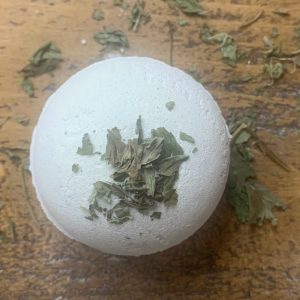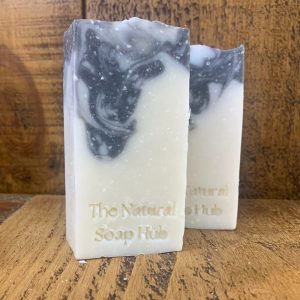In today’s world, it is crucial to consider the impact our choices have on the environment. From the food we eat to the products we use, every decision we make can either contribute to or alleviate environmental issues. When it comes to soap, opting for natural alternatives can make a significant difference. Conventional soaps often contain chemicals that are harmful to the environment. When we use these soaps, they wash down the drain and eventually end up in our waterways, posing a threat to aquatic life. On the other hand, natural soaps are biodegradable and made from renewable resources. They do not contain synthetic ingredients or artificial preservatives that can harm the environment. By choosing natural soap, you are making a small but significant contribution to reducing your ecological footprint.
The chemicals found in conventional soaps, such as parabens, sulphates, and phthalates, can have detrimental effects on the environment. When these chemicals enter our water systems, they can disrupt the delicate balance of aquatic ecosystems. They can harm fish, plants, and other organisms, leading to long-term damage to the environment. By using natural soap, you can help prevent these harmful chemicals from entering our waterways and protect the delicate balance of aquatic life.
Natural soaps are also biodegradable, meaning they break down naturally over time without leaving behind harmful residues. This is in stark contrast to conventional soaps, which often contain synthetic ingredients that do not break down easily and can persist in the environment for years. By choosing natural soap, you are ensuring that your daily cleansing routine does not contribute to the accumulation of harmful substances in our ecosystems.
Furthermore, natural soaps are made from renewable resources. They often contain ingredients like olive oil, coconut oil, and shea butter, which are derived from plants. These resources can be replenished, unlike the petroleum-based ingredients found in many conventional soaps. By opting for natural soap, you are supporting sustainable practices and reducing the demand for non-renewable resources.
Making the switch to natural soap is a simple yet impactful way to reduce your ecological footprint. By choosing a soap that is free from harmful chemicals and made from renewable resources, you are actively contributing to the preservation of our environment. Additionally, natural soaps often come in minimal packaging or even package-free options, further reducing waste and plastic pollution.
In conclusion, the environmental benefits of using natural soap are undeniable. By avoiding harmful chemicals, supporting sustainable practices, and reducing waste, you can make a positive impact on the environment. So, the next time you reach for a bar of soap, consider making the eco-friendly choice and opt for a natural alternative. Your skin, the environment, and future generations will thank you.







